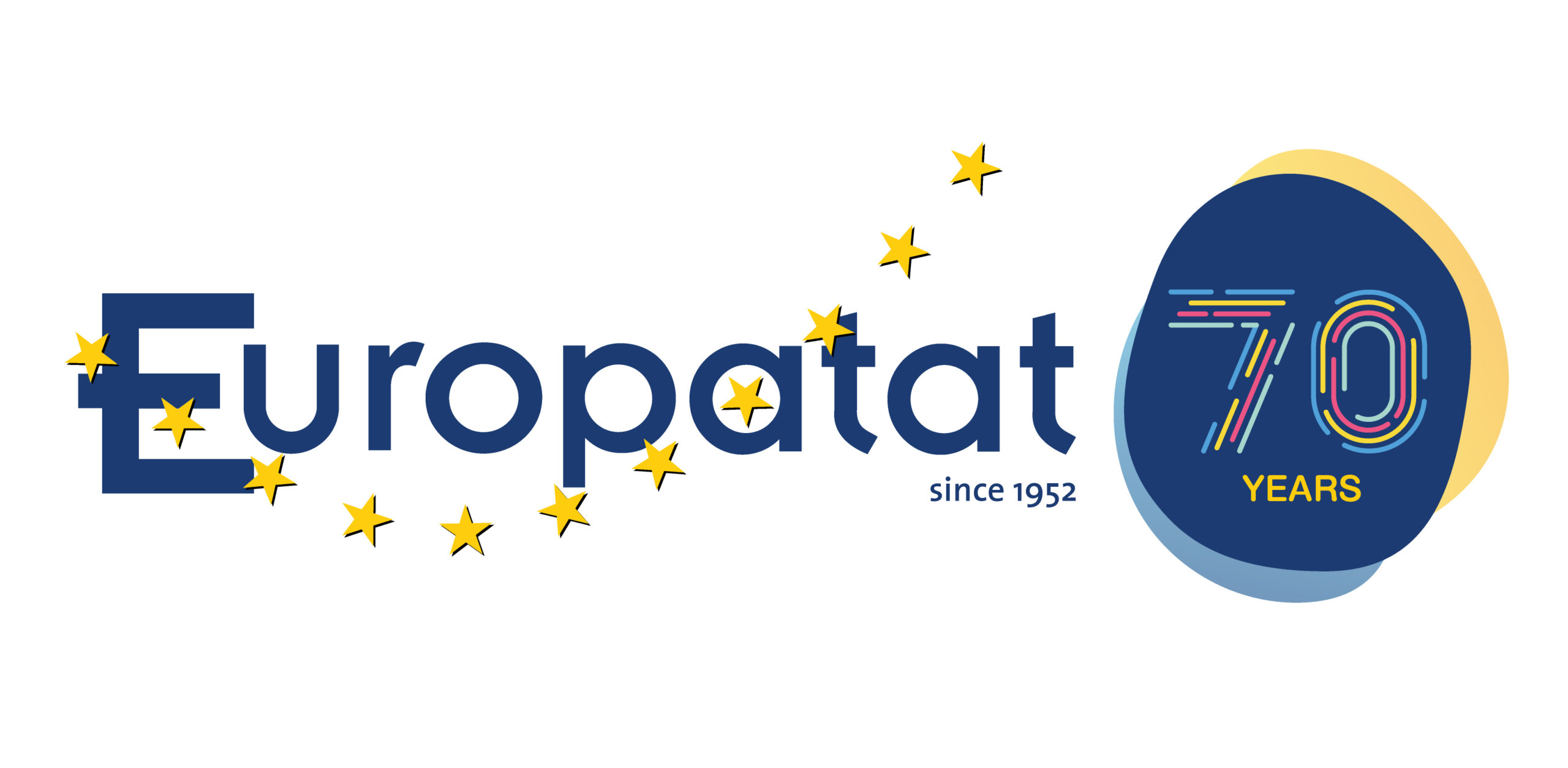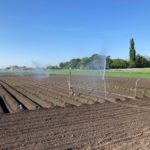The Horizon 2020 EU project Accelerated Development of multiple-stress tolerAnt PoTato (ADAPT), in which Europatat is participating, aims at developing new strategies to make potatoes fit for the challenging growth conditions of the future. Similarly, variety testing needs new strategies to identify and understand the tolerance of different varieties and to support farmers in their variety choice. In 2022, the first year of the Austrian potato variety trials was successfully accomplished.

In 2022, the Austrian Agency for Health and Food Safety (AGES) together with the Austrian potato breeding company NOES (NÖ Saatbaugenossenschaft GmbH) have conducted field trials with selected varieties with the aim to propose improvements to standard VCU protocols. The same set of 16 potato varieties was grown at four different locations in Austria, some of which were characterised by severe drought in 2022. To reflect the importance of the organic sector in both Austria and the EU, the field trials were partially performed under organic farming conditions.
All field trial sites were located in the main Austrian potato growing regions. They were mostly characterised by low annual precipitation and hot and dry summers (Pannonian climate), and one trial site by higher precipitation and a maritime-continental climate. Potatoes were planted in April 2022 and harvested between August and September, depending on the site. To provide a sufficient number of replicate samples for reliable conclusions on abiotic stress tolerance, each variety was grown in four replicate plots in each of the five trials.
The 16 varieties were selected with a focus on representing a wide range of abiotic stress resistance – from tolerant to susceptible. Eleven varieties obtained from potato breeders involved in ADAPT, namely HZPC, Solana, Meijer and NOES, are also being tested for drought and heat tolerance in the ADAPT field trials in Spain and the Netherlands. Five additional varieties from the NOES are adapted to Austrian environmental conditions and were included based on their potential stress tolerance.
Phenotypic evaluation of the varieties was complemented by different technological approaches to identify relevant characteristics associated with potato response to abiotic stress: Irrigation, drone flights, environmental sensors, tuberization process assessment as well as RNA and molecular analysis.
- Figure 1: At one drought-prone site, two trials were placed close to each other, with one trial being irrigated and the other receiving no irrigation. At the other three sites, no irrigation was applied, which corresponds to typical potato cultivation practice in Austria.
- Figure 2: In four trials, drone flights were conducted on June 16 and July 7, respectively.
- Figure 3: On May 2, environmental sensors including soil sensors were installed at each trial site to measure air and soil temperature, air humidity and soil moisture.
- Figure 4: Additional plots were established at two sites to evaluate differences in tuberization process among the 16 varieties at three time points.
- Figure 5: Leaf material for RNA sequencing was collected in late June. Additional leaf material was collected by the University of Vienna for metabolic analysis from the irrigated and non-irrigated trial in early July.
- Figure 6: On July 14, the irrigated and non-irrigated field trials were presented to interested farmers at a field day. As July was very hot and dry, the differences in performance between the irrigated and non-irrigated trials were clearly visible.
- Figure 1: Sprinkler irrigation system
- Figure 2: Flying drone. Service provider: Blickwinkel Agrarconsulting, Kirchdorf am Inn, Michael Treiblmeier
- Figure 3: Environmental sensor. Service provider: Iot Systems GmbH, Wolfsberg, Martin Vaibar.
- Figure 4: Assessment of tuberization process.
- Figure 5: Leaf sampling.
- Figure 6: Photo showing Susanne Kirchmair (NOES) presenting the ADAPT potato field trials on the field day on 14.07.22 and photos of the irrigated and non-irrigated variety trials on 21.07.22.
Currently, data from the field trials, such as potato yield, potato quality, drone data and environmental sensor data are being processed at AGES. In addition, RNA sequencing and molecular analysis are ongoing at the University of Vienna and NIB. In 2023, the same trial design is planned to validate the results of the 2022 Austrian variety trials.
For more information about the project and the latest news, please visit our website at adapt.univie.ac.at or follow us on Twitter @eu_adapt.







